| ||||||||||||||
|
A trip to north Guangdong cities of Chaozhou and Shantao | ||||||||||||||
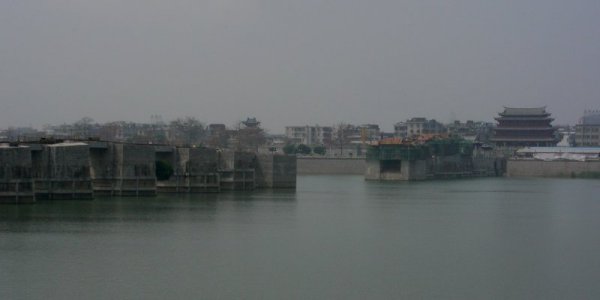
| ||||||||||||||
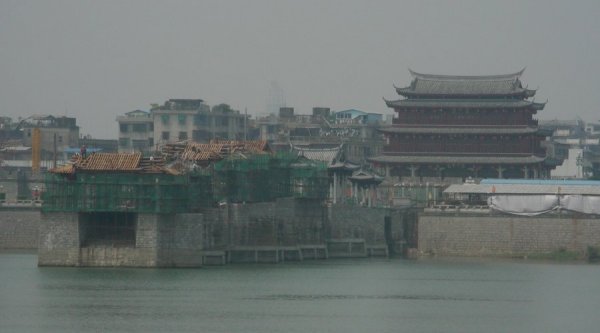
| ||||||||||||||
|
Han Yu (768-824 AD) who styled himself TuiZhi, with an alternative name of ChangLi, was an outstanding literaturist, thinker and educator in the Tang Dynasty of China. During his whole lifespan, Han Yu held high the banner of Confusianism in the hope of remaining and reviving the ruling order of Tang Dynasty. He was opposed to Tang Dynasty military governor, advocating benevolent government, "discharging heterodoxy and refuting Buddhism and Taoism." To meet the historical needs of the national unity and revival, he countered the sharp social phenomena of Middle Tang Dynasty and gave "tit for tat" to the social darkness and corrupt as well as its evils.
Han Yu came to Chaozhou in the 14th year of Emperor Xian (819AD). It was the result of punishment for his persuading the Emperor not to go to await the arrival of the relics of Buddhist. He governed Chaozhou for 8 months, driving off the crocodiles and setting free the slaves, encouraging farming and promoting education, which gained a celebrated reputation behind him in the cultural development of Chaozhou. The folks in this area have sung such high praise for that and cherished so much memory of his leadership ever since, that even the mountains and rivers have been named after Han (Han Yu's surname). The greatest contribution Han made is the Ancient Classic writings Movement with the goal of the revival of Confusian. He cherished his noted literature opinion "to write is to promote virtue; to write is to discharge the disatisfaction in mind." He applied his theory into his own writing practice and dug a new area in ancient proses of china's literature, which gives great impact on the coming writers and their works, therefore, Han Yu was highly praised and worshipped by SuDong-po (a great thinker and poet of Song Dynasty from 960-1279) for Han's "literacy grace arises high above the decline among eight dynasties while his morals awake the world from the virtural sound sleep." | ||||||||||||||
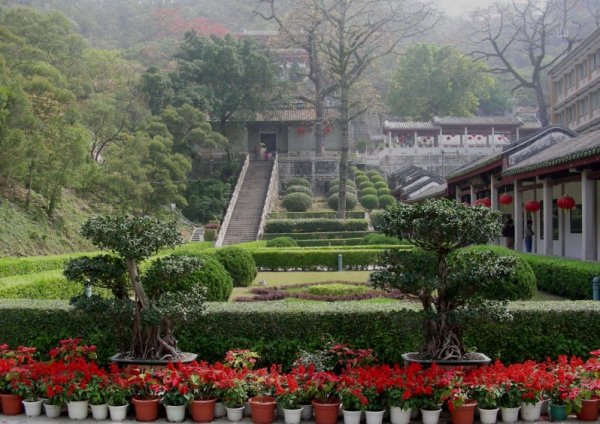
| ||||||||||||||
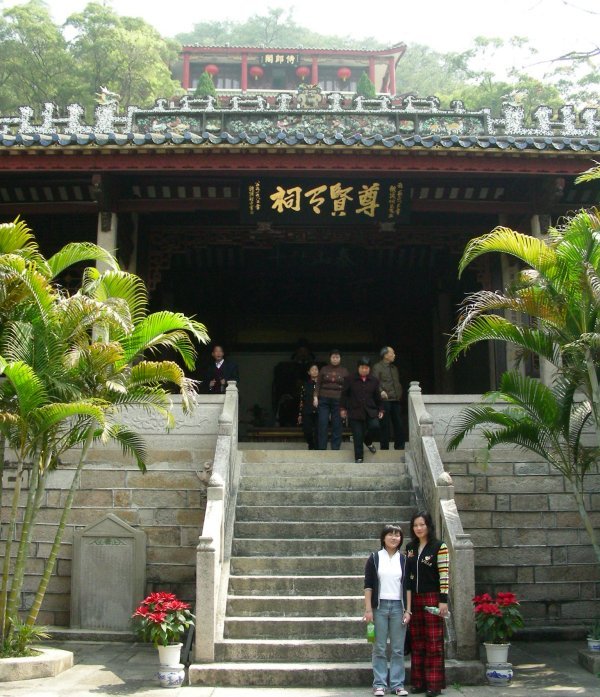
| ||||||||||||||
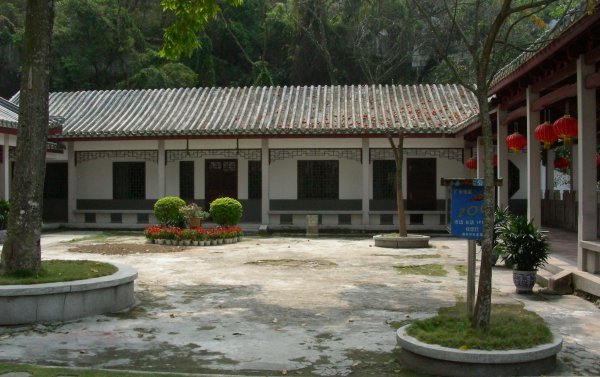
| ||||||||||||||
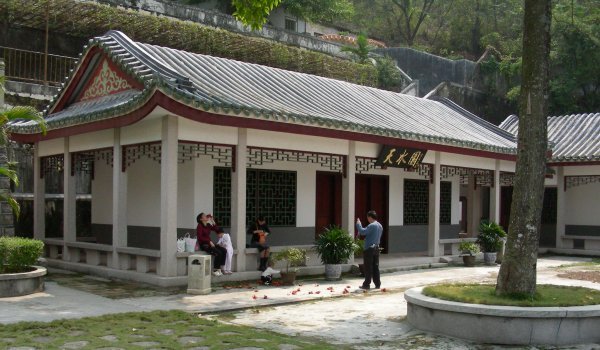
| ||||||||||||||
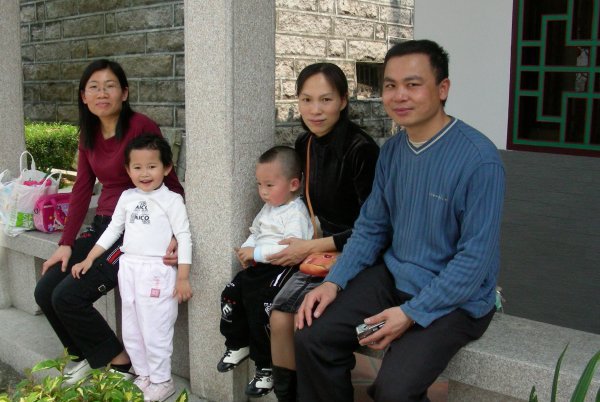
| ||||||||||||||
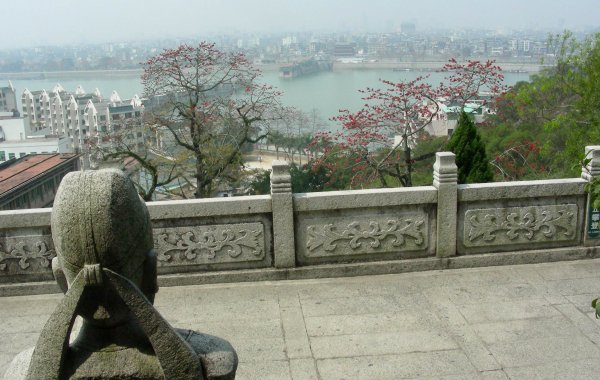
| ||||||||||||||
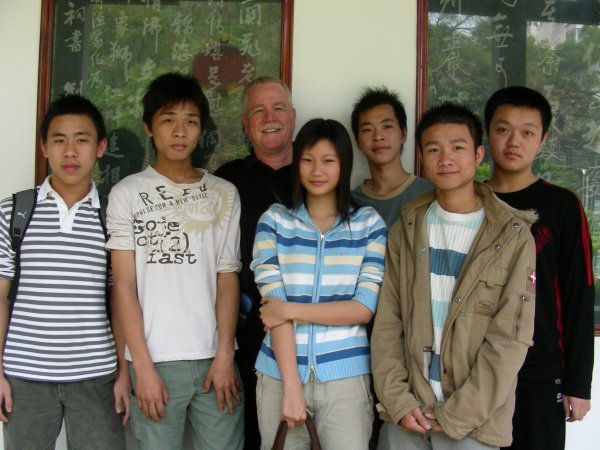
| ||||||||||||||
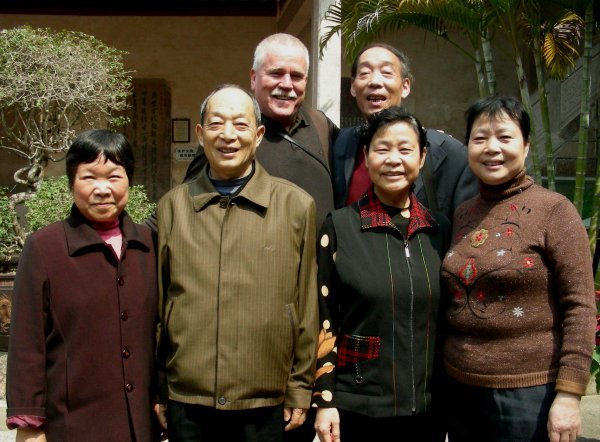
| ||||||||||||||
No trip is complete for me if I do not study and visit all places of worship that the world has. In the heart of Shantou, is a major Buddist temple and is a central gathering place for young and old alike. If you know anything about China history, you know that Mao tried to eliminate all religion in the country during the Cultural Revolution of the 1960's and 70's. I would say he failed, people by nature are "religious" by nature, and bounced back quickly after his death.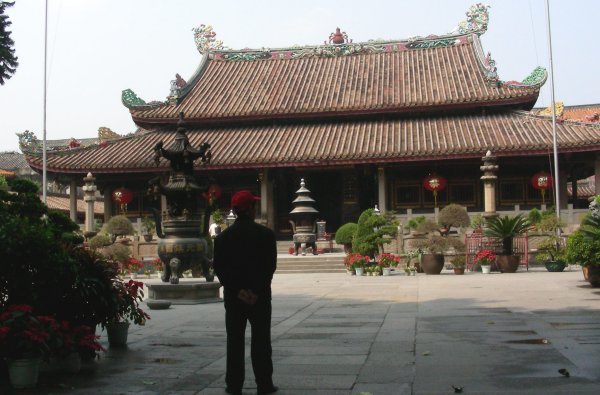
| ||||||||||||||
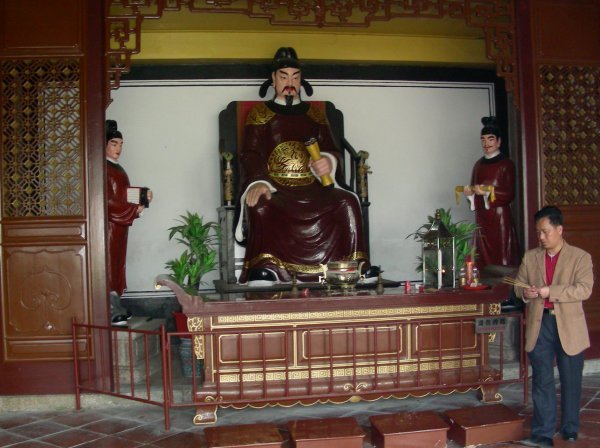
| ||||||||||||||
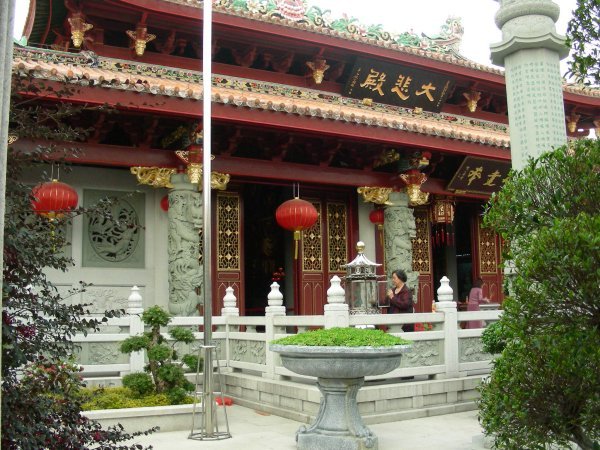
| ||||||||||||||
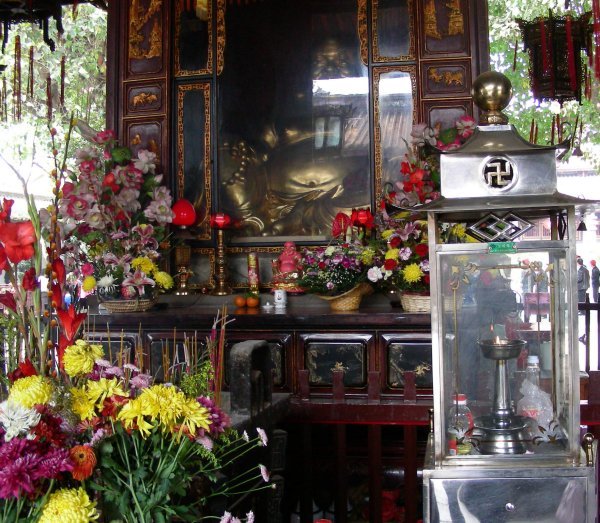
| ||||||||||||||
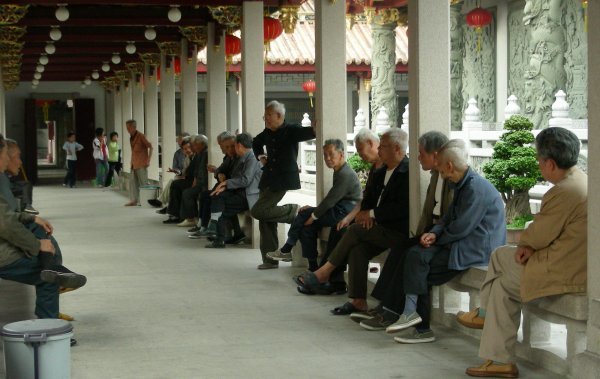
| ||||||||||||||
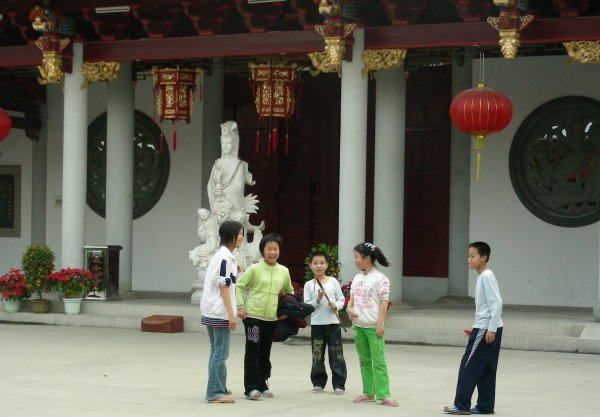
| ||||||||||||||
| Return to the top of the page | ||||||||||||||
|
KC Inter Direct, Inc info@kcid.net PO Box 307, Clinton, MO 64735 This Site Designed and Maintained by KC Inter Direct, Inc ©1999-2006 KC Inter Direct Inc. | ||||||||||||||